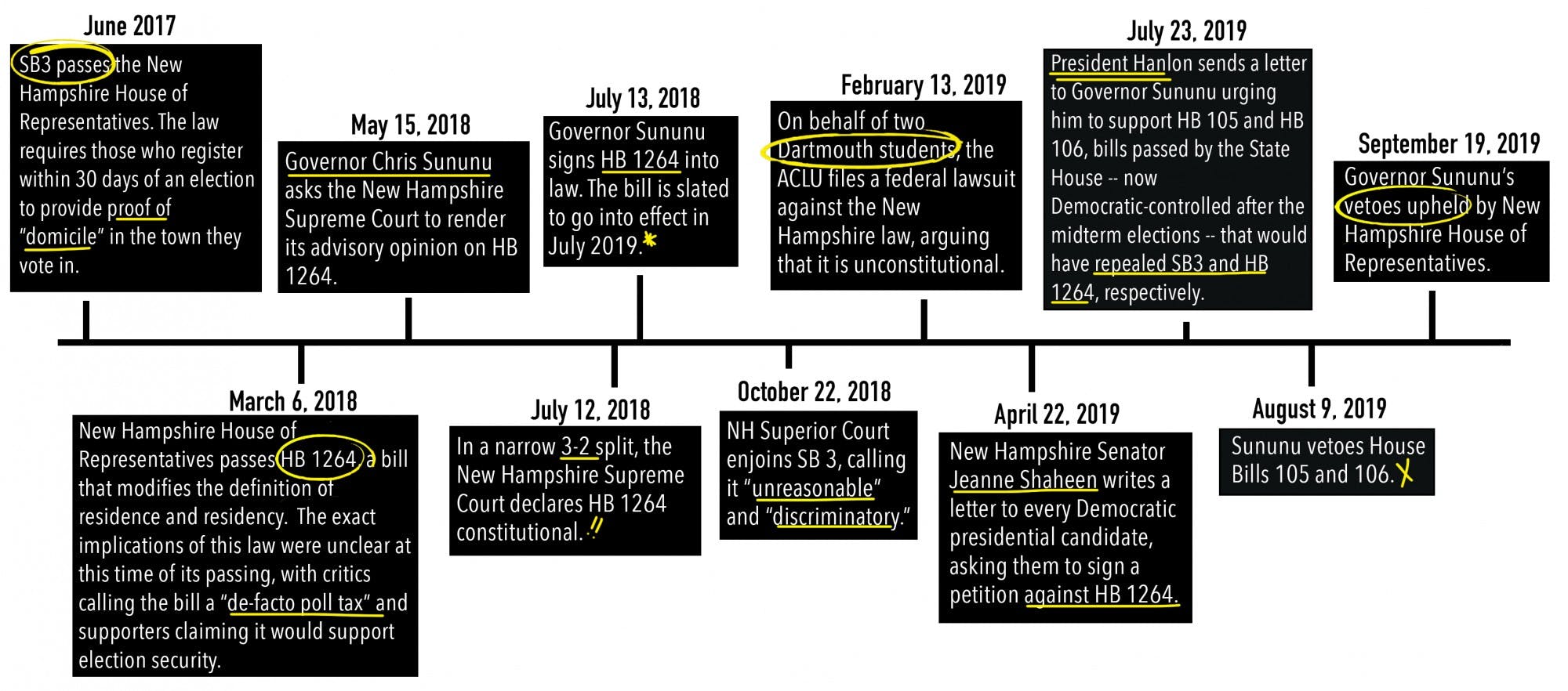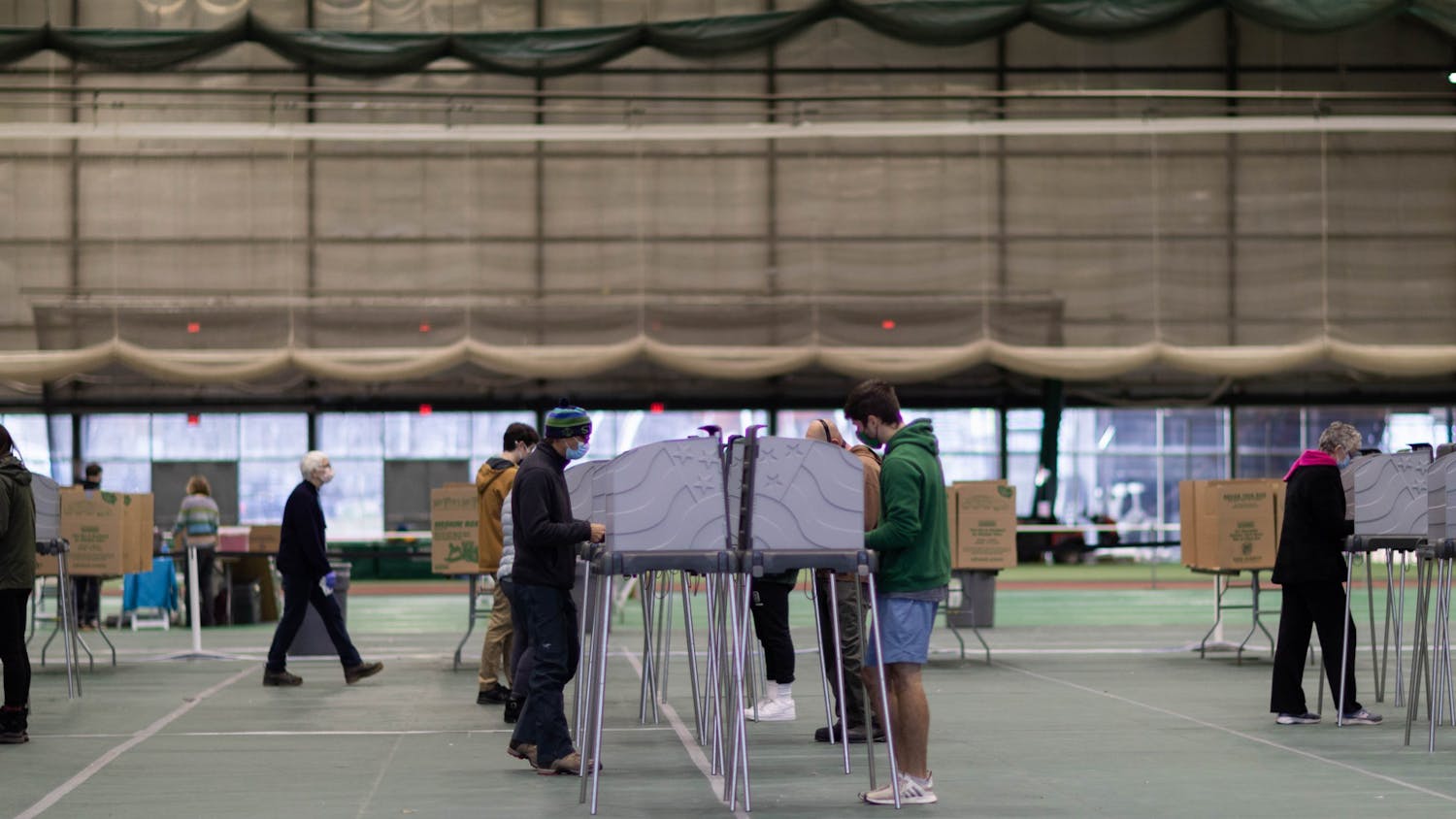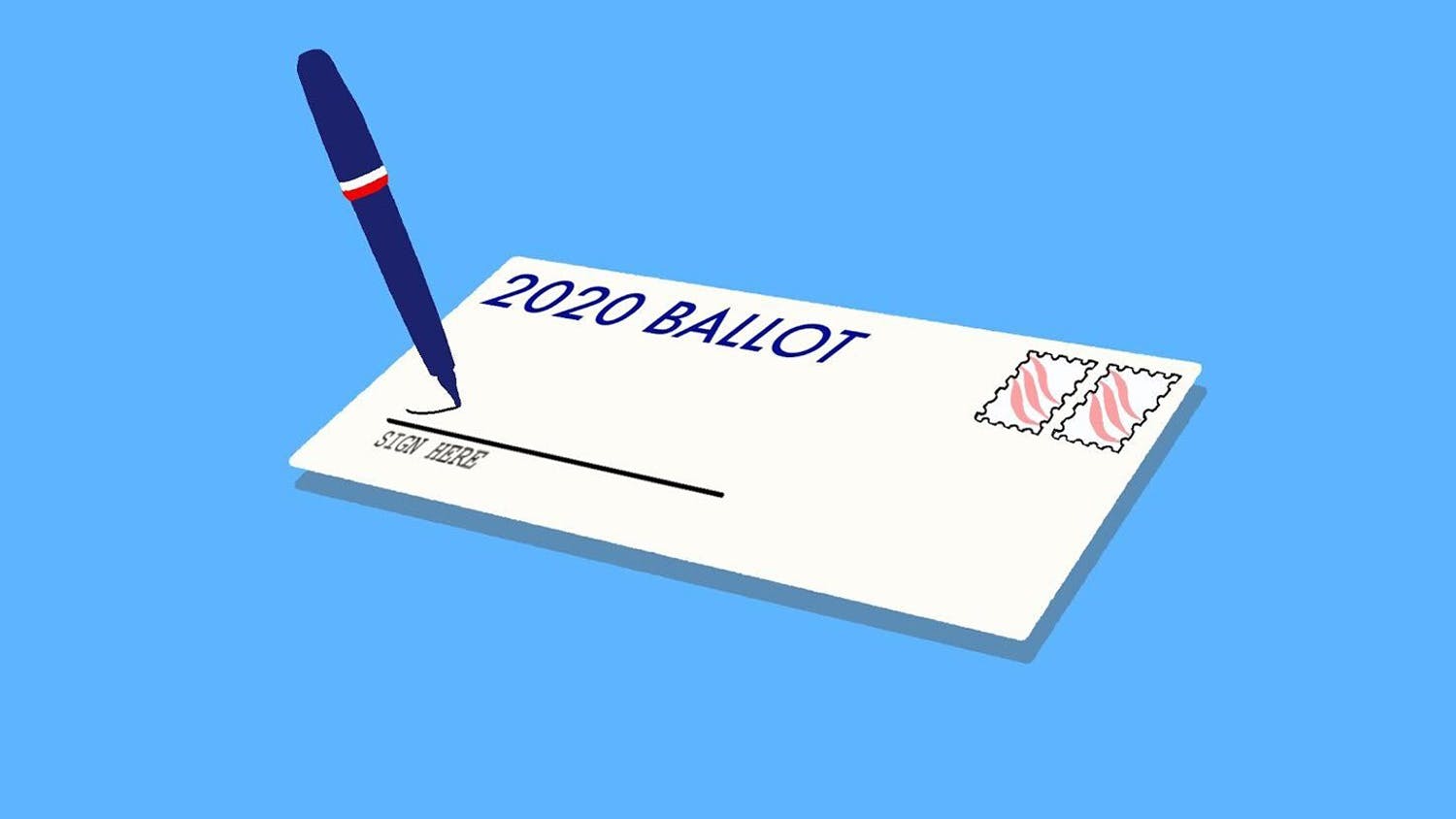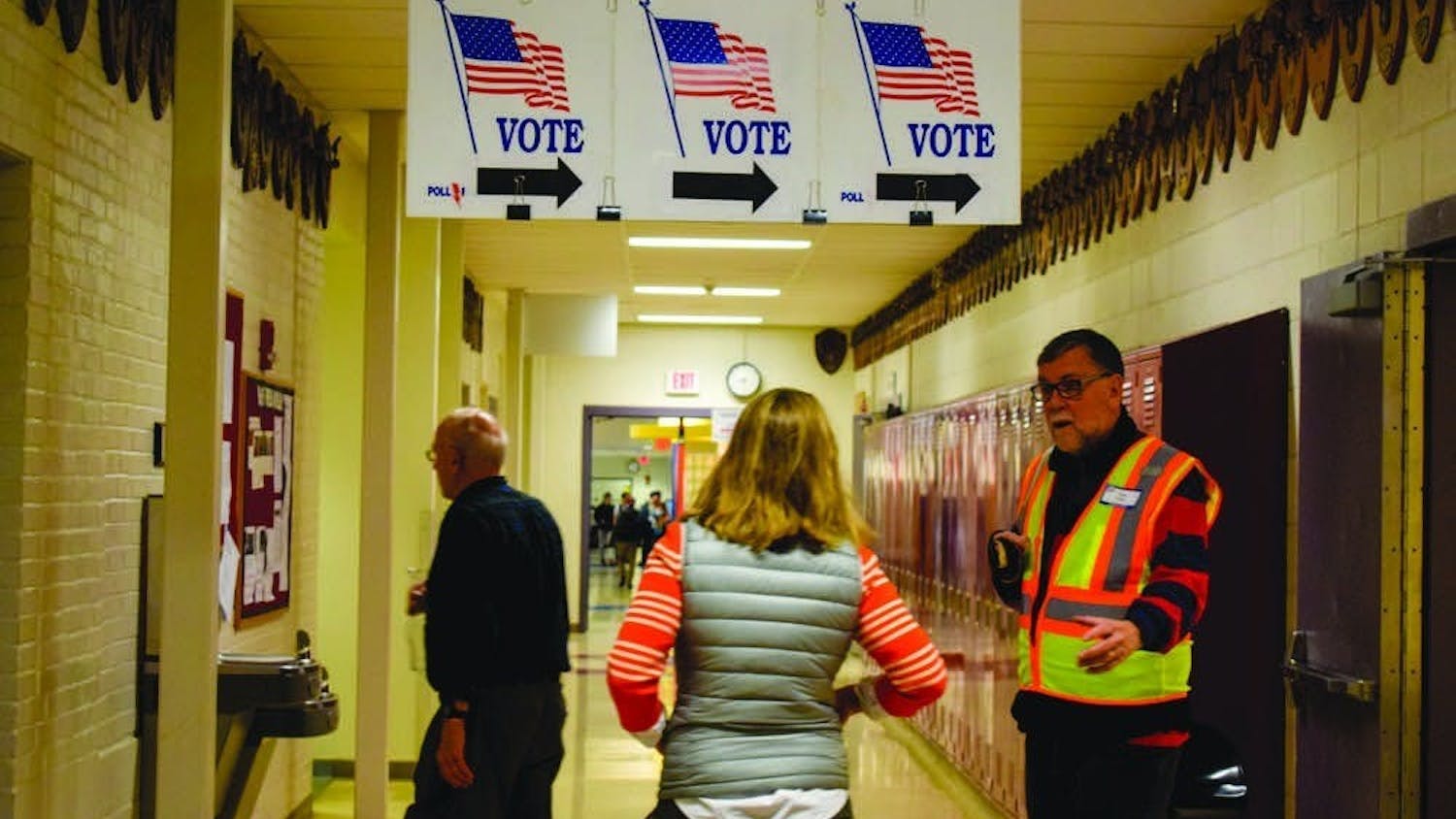Two Dartmouth students are awaiting a decision by the New Hampshire Supreme Court on their ACLU-backed voting rights case against New Hampshire Secretary of State Bill Gardner (D) and NH Attorney General Gordon MacDonald (R) regarding New Hampshire House Bill 1264. The bill, which was signed into law by Gov. Chris Sununu (R) in March, modified the definition of a New Hampshire “resident” and “residency.”
HB 1264’s passing spurred widespread confusion about the implications of the bill on student voting eligibility. Before HB 1264 went into effect in July 2019, a resident was defined by New Hampshire law as anyone who made the state their “principal place of physical presence for the indefinite future to the exclusion of all others.” While many out-of-state students did not qualify for residency under this law due to the definite nature of their stay in the state, they were still eligible to vote as individuals domiciled in New Hampshire.
In striking the words “for the indefinite future” from the law, HB 1264 effectively merged the definition of “domicile” with the definition of “residence.”
Critics have argued that the bill would create financial and logistical hurdles to voting for students and others who fell under the previous definition of domiciled and who, upon establishing residence by registering to vote, would now be required to take certain actions as residents of the state. For students, these required actions would include having to register their vehicle in New Hampshire and obtain a state driver’s license if they drive in the state. Supporters of the bill claimed that the bill would increase election security in the state.
In February 2019, several months before the bill was set to go into effect, the ACLU filed a federal lawsuit on behalf of Caroline Casey ’21 and Maggie Flaherty ’21, arguing that the requirement that drivers register their vehicles and obtain a state driver’s license within 60 days of registering to vote violated the federal constitution on four different counts.
After denying a motion by the state to dismiss the suit, the U.S. District Court District of New Hampshire decided to set the case on an expedited schedule to aim for a resolution before this year’s primary, according to a motion for expedited briefing later submitted to the New Hampshire Supreme Court by Henry Klementowicz, the ACLU lawyer representing Casey and Flaherty. According to the motion, the District Court, deeming five of the questions raised by the suit to be outside of its jurisdiction, opted to certify them to be answered by the New Hampshire Supreme Court.
“We’re at a point in the case where the New Hampshire Supreme Court has to tell us what exactly the bill means,” Flaherty said. “There has been significant confusion of what the requirements of HB 1264 are. So we’re waiting on the New Hampshire Supreme Court to tell us that.”
According to Klementowicz, the Supreme Court accepted his motion for expedited briefing and, after hearing oral arguments on March 10, will offer its opinion on the dispute between the ACLU and the state over what the effect of HB 1264 is.
“The state says that if you register to vote in New Hampshire you have 60 days within establishing residency to get a New Hampshire driver’s license if you drive in the state,” Klementowicz said. “Our view is that’s not what the law says, and we’ll be at the New Hampshire Supreme Court on March 10 to find out thereafter what the court thinks. But even if I’m wrong and the state is right, what we’re talking about is a motor vehicle ticket for failing to update a driver’s license, your ballot isn’t invalidated, it’s not voter fraud—and I think that’s important for people to know.”
Flaherty and Klementowicz both emphasized that HB 1264 does not affect student voting eligibility, and that students are not required to present a New Hampshire driver’s license at the polls.
“There specifically is a state statute that says that college students who meet the state definition of domicile are allowed to vote in New Hampshire, and that’s unchanged by [HB] 1264,” Klementowicz said. “It’s absolutely important for people to know that they can vote. If you are over 18, a U.S. citizen and you live in New Hampshire, you can vote.”
Caroline Casey is a member of The Dartmouth staff.





